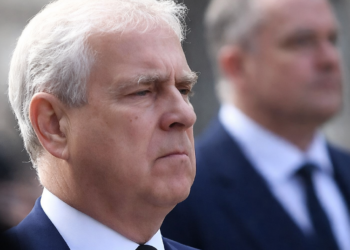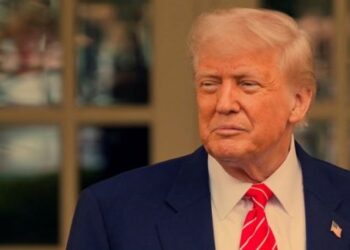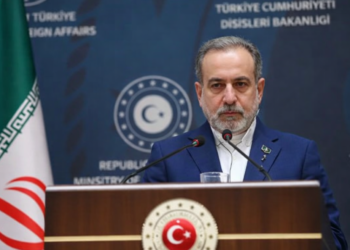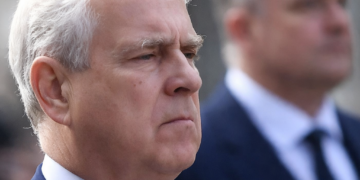More than 1,100 National Guard troops from six Republican-led states are deploying to Washington D.C. at the Trump administration’s request, creating an unprecedented military presence in the nation’s capital. The governors of Mississippi, Louisiana, Tennessee, West Virginia, South Carolina, and Ohio have all committed forces to what President Trump characterizes as a necessary response to out-of-control violent crime—a claim sharply contested by District officials and crime statistics. This deployment represents one of the most significant federal interventions in a American city in decades, testing the limits of presidential power and states’ authority.
State-by-State Breakdown: Guard Deployment Numbers and Missions
Mississippi Governor Tate Reeves leads the contingent with 200 soldiers, followed by Louisiana’s Jeff Landry (135 troops) and Tennessee’s Bill Lee (160 personnel). These state-controlled forces join 800 federalized Guard troops already ordered to the capital on August 11, when Trump temporarily assumed control of the Metropolitan Police Department before negotiating a compromise with Mayor Muriel Bowser that kept Chief Pamela Smith in operational command. The soldiers primarily focus on protecting federal property while supporting law enforcement operations, though critics question the necessity of such military presence.
The deployment hinges on disputed crime narratives. Trump asserts Washington suffers from rampant violence and manipulated statistics, tweeting that “D.C. gave Fake Crime numbers to create a false illusion of safety.”
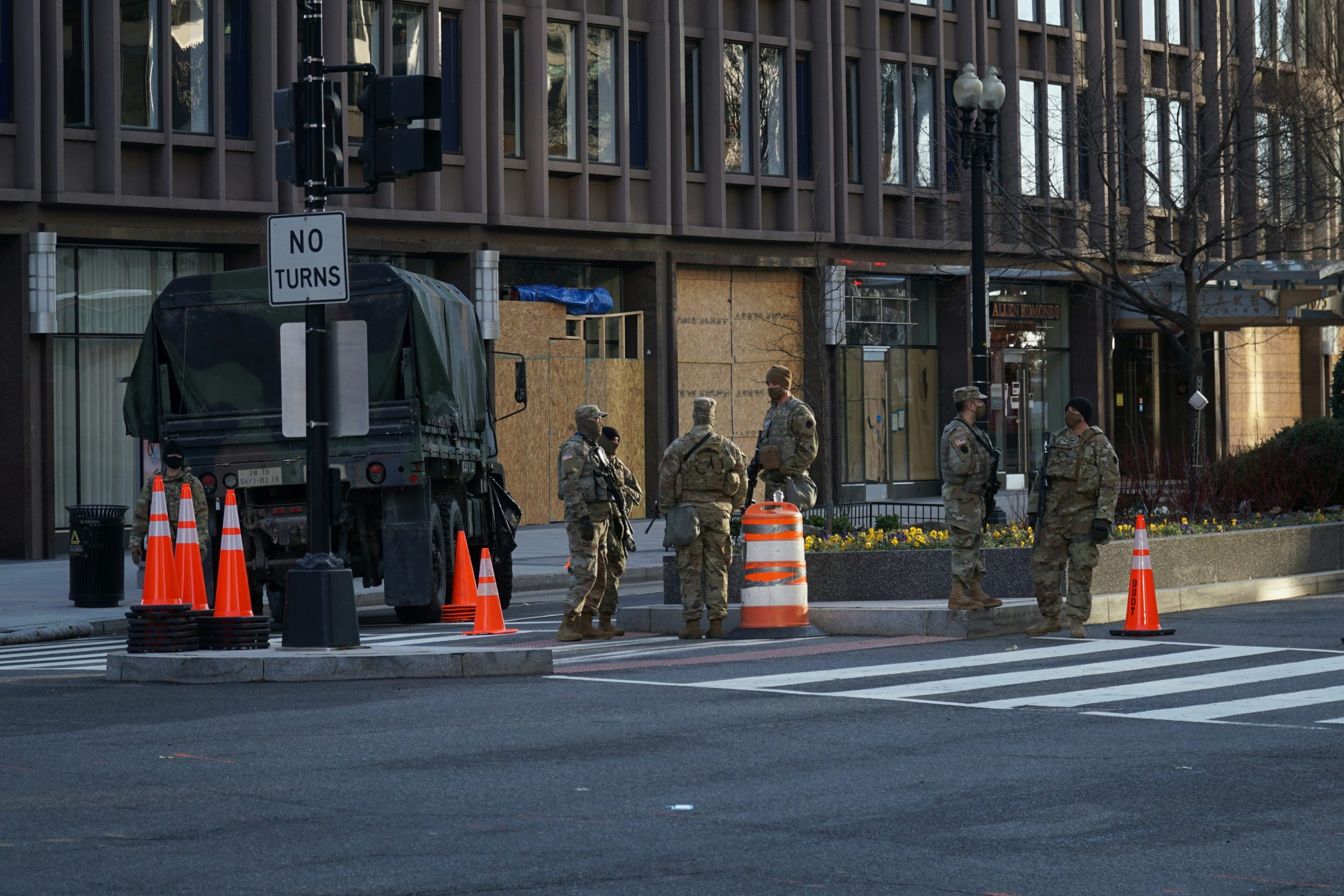
However, official data shows violent crime rates have dropped significantly since a 2023 spike, though murder rates remain elevated compared to other major cities. The Justice Department has opened an investigation into potential statistical manipulation, adding fuel to the political fire as Democrats accuse the administration of manufacturing a crisis for electoral advantage.
Legal Precedents and Constitutional Questions
This deployment echoes controversial 2020 actions when Trump mobilized Guard units during racial justice protests, though with key differences. While the current operation involves state-controlled troops (unlike federalized units), it raises similar questions about posse comitatus restrictions on military law enforcement.
A federal judge in San Francisco already weighs the legality of Trump’s June deployment of National Guard and Marines to Los Angeles over Governor Gavin Newsom’s objections. Legal scholars note the administration walks a fine line by having troops “support” rather than directly conduct policing.
A White House official clarified that Guard personnel may carry weapons but will not make arrests—instead protecting federal property and creating “a safe environment for law enforcement.”
This distinction proved crucial in negotiations with Mayor Bowser, who questioned “why the military would be deployed in an American city to police Americans.” The operation has yielded 465 arrests in its first 12 days (39 daily average), compared to the police department’s normal 61 daily arrests in 2024.
Why It Matters
As Republican governors frame their participation as necessary support for law enforcement and Democratic leaders decry it as political theater, residents experience the practical impacts of heightened military presence. The deployment signals Trump’s willingness to test executive authority boundaries while appealing to voters concerned about urban crime. This is a theme likely to dominate the upcoming election cycle regardless of the operation’s actual crime reduction efficacy.


